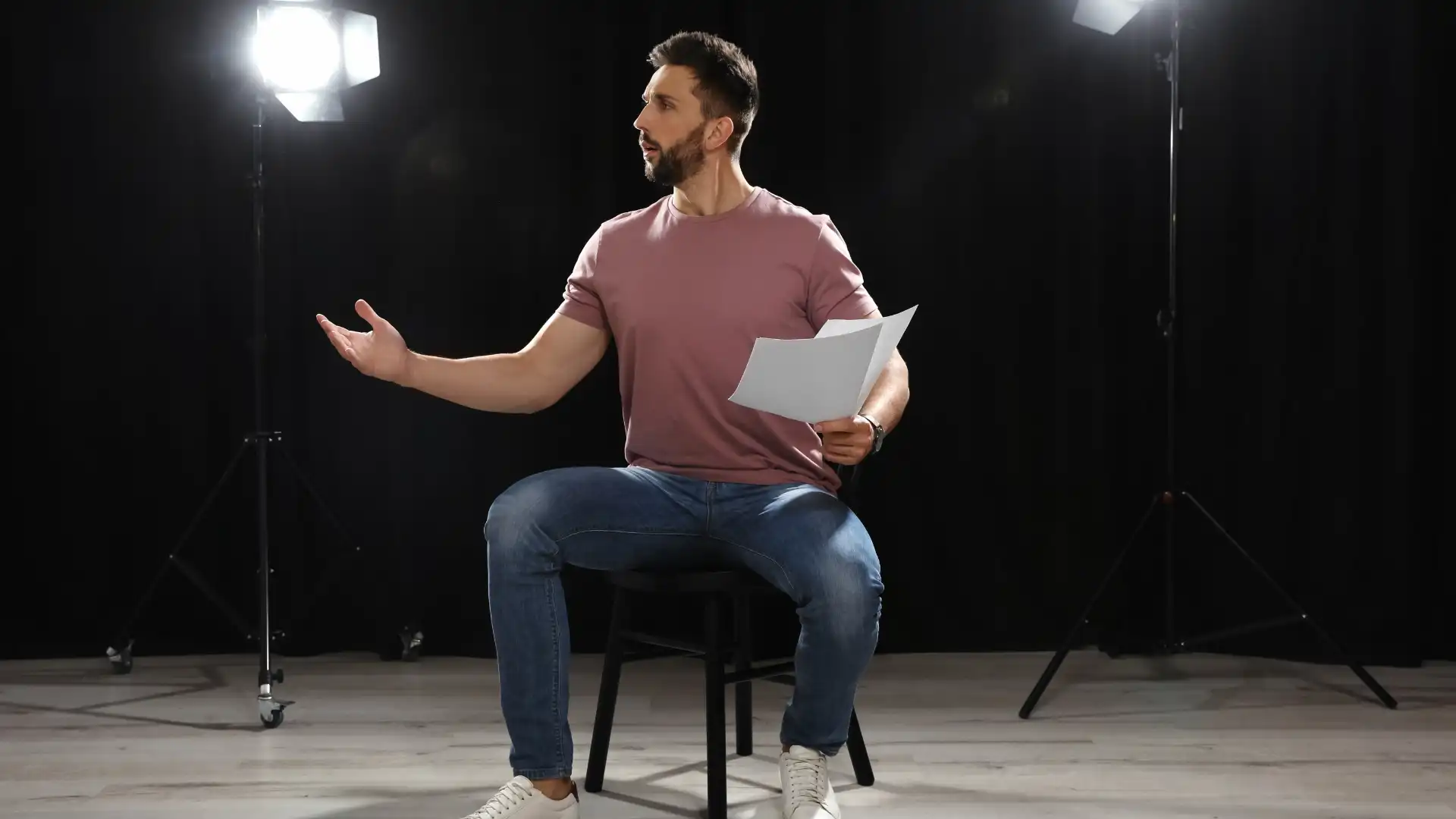Are you considering a career in journalism and looking for top-notch journalism courses to enhance your skills and prospects in the industry? Journalism courses play a vital role in providing aspiring journalists with the necessary knowledge, tools, and practical experience to succeed in the dynamic field of media and communications.
Whether you’re interested in traditional print journalism, broadcast news, digital media, or specialized areas like investigative journalism and sports reporting, enrolling in reputable journalism courses can set you on the path to a successful and fulfilling career.
Broadcast Journalism
A popular career choice for many aspiring journalists, broadcast journalism offers the opportunity to work in television or radio, reporting on news stories, conducting interviews, and presenting information to the public. Journalism courses focusing on broadcast journalism often cover topics such as news production, journalism ethics, on-air presentation skills, and multimedia storytelling.
Digital Journalism
In today’s digital age, digital journalism has become increasingly important. Digital journalism courses equip students with the skills needed to create engaging and informative content for online platforms. From social media journalism to multimedia storytelling, these courses cover a wide range of topics essential for success in the digital landscape.
Investigative Journalism
For those with a passion for uncovering hidden truths and exposing important issues, investigative journalism courses are a must. These courses delve into research methodologies, data analysis, ethical considerations, and storytelling techniques specific to investigative reporting. Students learn how to conduct in-depth investigations and produce impactful stories that drive change.
Editorial Writing
Editorial writers play a crucial role in shaping public opinion and providing analysis on current events and trends. Journalism courses focusing on editorial writing teach students how to craft compelling narratives, offer insightful commentary, and contribute to meaningful dialogues within the community. These courses often cover opinion writing, editorial ethics, and audience engagement strategies.
Photojournalism
Combining the art of photography with storytelling, photojournalists capture powerful images that accompany news stories and convey emotions visually. Photojournalism courses teach students how to use photography as a storytelling tool, covering topics such as visual composition, photo editing, ethical considerations in photojournalism, and the role of images in news reporting.
Multimedia Journalism
In the age of multimedia storytelling, multimedia journalism courses are essential for aspiring journalists. These courses focus on creating diverse forms of content, including videos, podcasts, interactive graphics, and more. Students learn how to engage audiences across different platforms and provide in-depth coverage on various topics using multimedia techniques.
Social Media Journalism
With the rise of social media platforms, social media journalism courses have become increasingly relevant. These courses teach students how to effectively manage online presence, engage with audiences, and amplify brand messaging on social platforms. Topics covered include content creation, social media analytics, audience targeting, and social media strategy development.
Sports Journalism
Sports journalism courses cater to individuals passionate about covering athletic events, interviewing athletes and coaches, and providing insights on sports-related news. Students learn about sports reporting techniques, sports media ethics, sports industry trends, and the role of sports journalists in delivering content to sports enthusiasts.
Entertainment Journalism
Entertainment journalists report on the latest news, trends, and events in the entertainment industry, including film, television, music, and celebrity culture. Entertainment journalism courses cover topics such as red carpet reporting, celebrity interviews, entertainment industry analysis, and the impact of entertainment journalism on popular culture.
Political Journalism
Political journalism courses focus on reporting government policies, political developments, and election campaigns. Students learn how to cover political events, conduct interviews with political figures, analyze political news, and provide accurate and insightful coverage of political topics. Political journalism courses also delve into the role of journalists in shaping public discourse on political issues.
Conclusion
Journalism courses offer valuable insights, practical skills, and networking opportunities that can significantly enhance your career prospects in the field of journalism. Whether you’re a recent graduate looking to break into the industry or a seasoned professional seeking to expand your skill set, enrolling in reputable journalism courses can provide you with the tools and knowledge needed to succeed in the competitive world of media and communications.
Key Takeaways:
- Journalism courses provide essential knowledge, practical skills, and networking opportunities for aspiring journalists.
- Specialized areas like broadcast journalism, digital journalism, investigative journalism, and sports journalism offer distinct career paths within the industry.
- Enhancing your expertise through journalism courses can set you on the path to a successful and fulfilling career in media and communications.
Consider taking the NYU | Modern Journalism online course and certificate program by Yellowbrick to further refine your skills and excel in the competitive landscape of journalism. Embrace the possibilities, hone your talents, and embark on a rewarding journey towards achieving your career aspirations in journalism.








